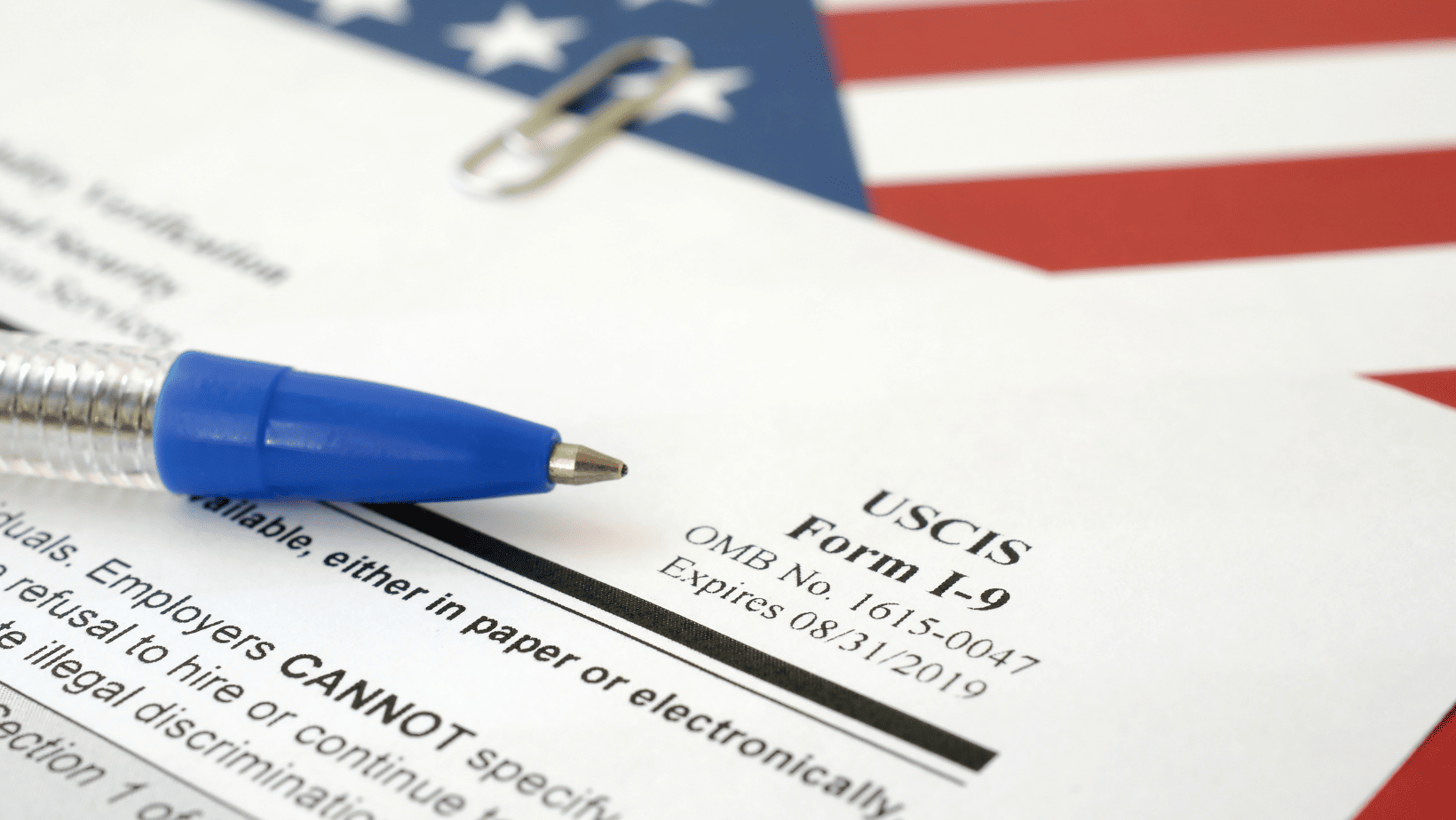EEOC Explores Changes on Employer Use of Criminal Background Investigations to further limit employers in the hiring practices.
On July 26 the Equal Employment Opportunity Commission (EEOC) held a hearing to examine the use of arrest and conviction records as a barrier to employment. SHRM’s research on employer use of criminal background checks was cited by one of the panelists as an illustration of how HR professionals grapple with making good hiring decisions while maintaining safety in the workplace.
Against a backdrop of high unemployment, several Commissioners expressed concern that a criminal record may act as an obstacle to employment. The issue is whether an employer’s policy against hiring applicants with a criminal history may result in a disparate impact on protected groups.
With respect to conviction records, the agency requires an employer to show that it considered the nature and gravity of the offense(s); time since conviction and/or completion of a sentence; and the nature of the job held or sought. Acknowledging the complexity of the problem, several Commissioners expressed interest in revising current guidelines to make an employer’s requirements more specific.
This was the latest in a series of meetings the EEOC has held examining barriers to employment, including issues such as credit checks, older workers, and discrimination against the unemployed.


